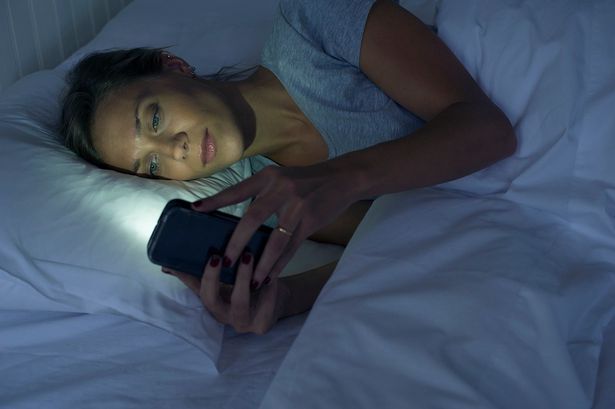Revenge Bedtime Procrastination
Revenge Bedtime Procrastination

Revenge Bedtime Procrastination is a curious title that takes its name from the Chinese phrase describing the phenomena. In short it is described as the act of sacrificing sleep to wrestle back some personal time. Its peculiar title however, does a good job at foreshadowing the sinister effects this practice can cause.
As with many others, this behavioural phenomenon was coined or at least gained traction during the pandemic, a time when physical and mental health was put under a microscope. It describes the act of essentially ‘stealing’ from bedtime to exert some control over the day and is common across those that have high pressure careers or spend most of the day caring for the needs of others.
It’s easy to look at the 7 to 9 hours of sleep that is recommended each night as negotiable and despite the vast amount of information and concrete evidence that details the importance of consistent sleep for good physical and mental health, it seems all too easy to ignore the cues and power through another episode or scroll on a device for a few more minutes (or hours). In fact, entertainment of this kind seems to be the instrument of choice for its ability to offer immediate enjoyment and easy stimulation.
At its core, this behaviour reflects procrastination of the conventional type. Indulging in the act of putting off bedtime or sleep, much like many do with assignments or housework, cutting sleep however can have drastic, widespread, short term as well as long term implications on health and wellbeing. This isn’t often news to the many individuals who participate in this behaviour, however with the vast majority knowing the implications and desiring more sleep yet continue to partake in the behaviour. This is known as an intention-behaviour gap.
Many instances seem to surface as the result of busy work schedules that limit the amount of time remaining in the day. ‘Revenge’ is then taken on the day in the form of a delayed bedtime or a delayed effort to fall asleep. The use of entertainment or social media is seen as a tool to battle the stress of the day, and this is made more accessible by the rise in screens or mobile devises brought into the bedroom.
There are many ways to combat this behaviour. These include keeping to a consistent sleep/wake schedule, avoiding alcohol and caffeine especially later in the day, limiting screen time close to bedtime and creating an inviting sleep space that is dark, quiet, and comfortable. Efforts should be taken however to balance out the workload, when possible, limit the amount of chronic stress and work towards a sustainable work/life balance that enables and encourages the active pursuit of hobbies and interests while allowing time for rest and recouperation.

